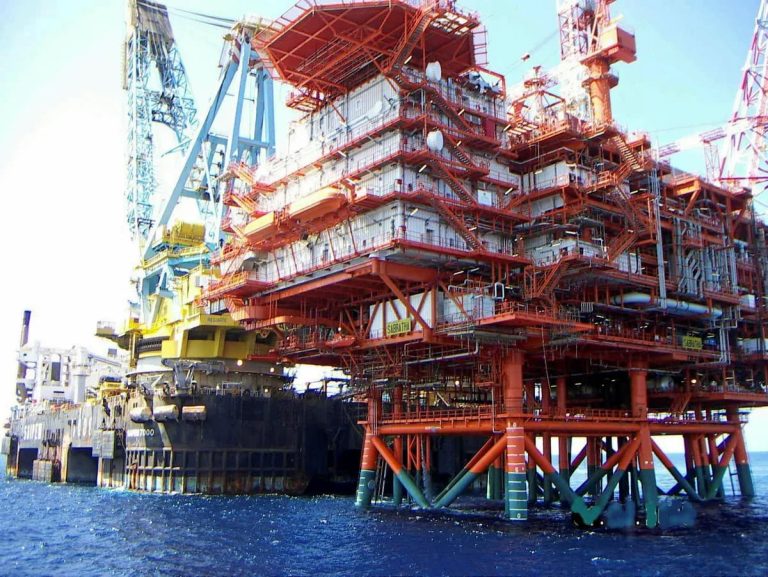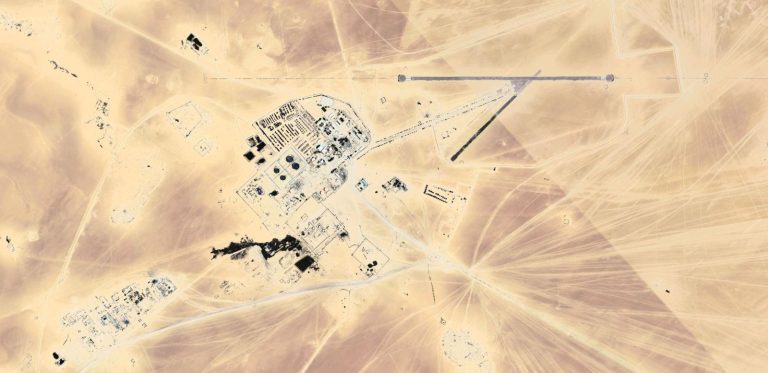A prominent Gulf-based investor expressed a keen interest in entering the Libyan market through either a capital increase or acquiring stakes in local manufacturing firms. Aware of the complexities and potential high costs of errors inherent in the Libyan market, GulfCo* sought Qabas’s expertise to ensure a well-informed and strategic entry.
The Situation
GulfCo aimed to expand its investment portfolio by exploring opportunities in the Libyan manufacturing sector. Identifying viable partnership targets posed significant challenges, including aligning with their investment goals and navigating the complexities of the Libyan market.
The Libyan manufacturing sector offered substantial opportunities due to economic reforms and diversification efforts. However, economic volatility, regulatory complexities, and political instability created an unpredictable business environment.
For a private equity firm like GulfCo, additional challenges included:
- Due Diligence and Transparency: Conducting thorough due diligence in a market with limited transparency posed a significant challenge. Reliable financial data, clear ownership structures, and accurate market information were often difficult to obtain, complicating the evaluation of potential investments.
- Exit Strategies: Formulating viable exit strategies was crucial. The underdeveloped capital markets in Libya and the uncertain political climate made it challenging to plan for profitable exits within a reasonable timeframe.
- Currency Risk: The volatility of the Libyan dinar, compounded by limited access to foreign exchange and potential restrictions on capital repatriation, posed significant currency risk. Managing this risk required sophisticated financial instruments and hedging strategies.
- Operational Risks: The operational environment in Libya presented challenges related to infrastructure, logistics, and human capital. Supply chain disruptions, limited availability of skilled labor, and inadequate infrastructure could impact the operational efficiency of invested companies.
- Local Partnerships: Identifying and collaborating with reliable local partners was essential but challenging. The success of investments often depended on local knowledge and networks, which required careful selection and management of local partners.
To address these challenges, our client needed a thorough assessment of the investment landscape. This involved identifying potential partnership targets and conducting detailed analyses to ensure they met GulfCo’s criteria for investment. The assessment needed to account for the financial health, market position, and operational capabilities of potential partners, as well as the economic and political risks associated with investing in Libya.
Our Approach
To support this initiative, our team embarked on a rigorous data collection process, gathering both primary and secondary information. This involved several key steps:
- Data Collection and Profiling: We created in-depth profiles of several Libyan manufacturing companies open to investment or acquisition. These profiles included critical factors such as revenue growth trends, detailed organisational structures, market standing, compliance with local and international regulations, and the extent of political connections or exposures that could impact investments.
- Financial Analysis: For each identified company, we conducted a thorough analysis of financial performances over recent years. This included evaluating their market positions, competitive edges within the Libyan manufacturing sector, and their financial health.
- Operational Assessment: We scrutinised the operational efficiencies of each target company, examining their technology adoption levels, production capabilities, and human resource strengths. This assessment was crucial for understanding the operational viability and growth potential of the firms.
- Risk Evaluation: We assessed the legal and political risks associated with each company, considering the current regulatory landscape and ongoing economic reforms in Libya. This included analysing the potential impact of political instability and regulatory changes on the investment’s sustainability.
The Results
The final deliverable was an extensive report detailing potential investment opportunities, identified risks, and recommended strategies for entry and operation. This meticulously curated report provided GulfCo with a solid foundation for making informed decisions regarding their prospective ventures into the Libyan manufacturing industry.
As a result, GulfCo was well-positioned to capitalise on the opportunities of the Libyan market, ensuring alignment with their broader investment goals and risk management frameworks.
*We take our clients’ confidentiality seriously; whilst names are changed, outcomes remain real.



